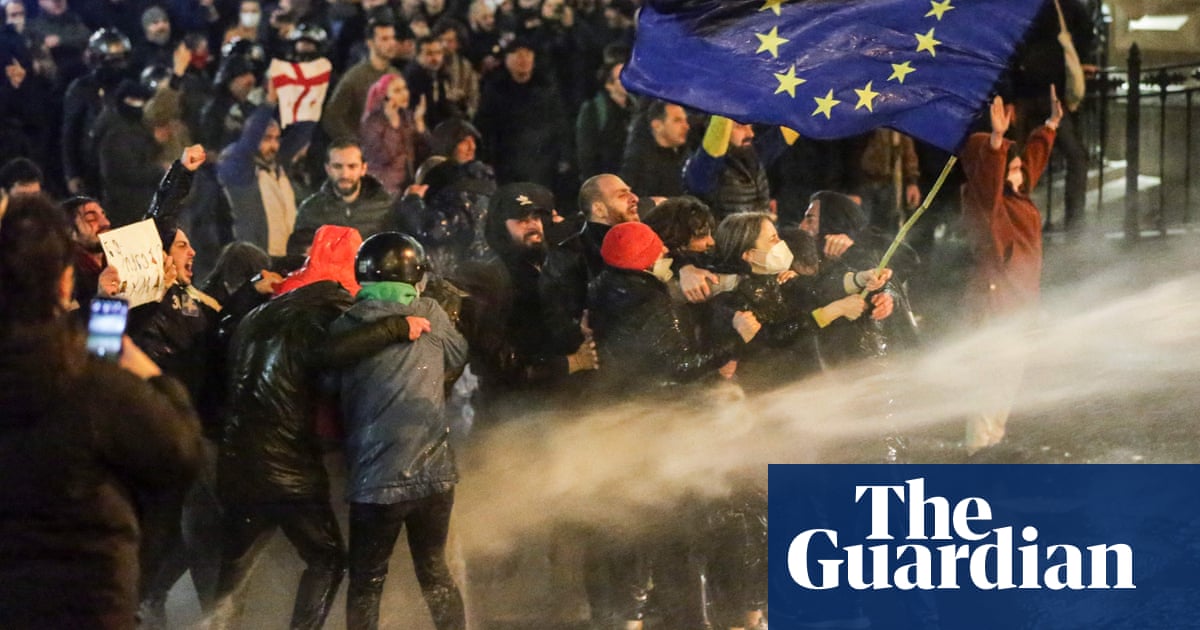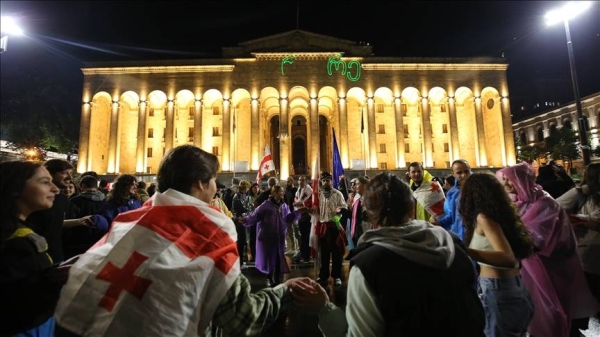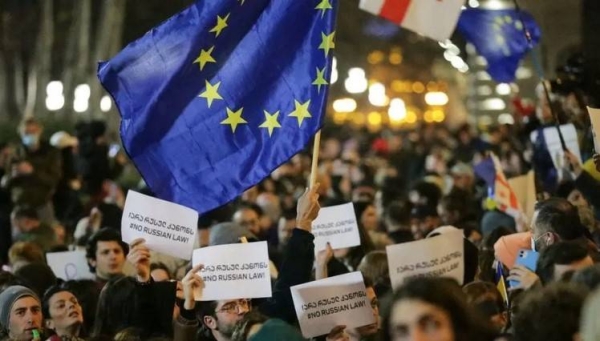
MEXICO CITY (Reuters) - Mexico on Thursday published rules implementing a new law on foreign agents, such as U.S. drug-enforcement officials, watering down legislation that caused major friction with the United States and raised fears it could block counter-narcotics cooperation.
Lawmakers last month amended Mexico’s security law to restrict the work of foreign security officials on Mexican soil despite fierce opposition from Washington, straining ties and calling into question extensive cooperation with the United States.
The change in law, requested by President Andres Manuel Lopez Obrador, was widely seen as retaliation against the United States following the arrest on drug charges of former Mexican Defense Minister Salvador Cienfuegos in Los Angeles in October.
Lopez Obrador’s overhaul of the legislation was also perceived as an attempt to create leverage with the administration of U.S. President-elect Joe Biden, which wants to reorient its relationship with Mexico, analysts said.
The dust-up between Washington and Mexico saw some of Mexico’s allies raise concerns to the government over the changes, leading to a softer final interpretation of the law, said Eduardo Guerrero, a security analyst at Lantia Consultores.
“They wanted to lower the volume and tone with these guidelines so they don’t exacerbate a possible confrontation with Biden and these (U.S.) officials taking office,” added Guerrero, a former Mexican intelligence official.
The new rules detail the mechanisms governing how foreign agents will work with Mexican government counterparts, including sending only very limited details about meetings they hold.
An earlier proposal by the presidency obligated foreign agents to share information obtained on Mexican soil and local government officials to report all interactions with foreign agents.
According to the new guidelines, Mexican public servants must report any exchange of information up to three days after the contact. However, the report will only have basic details about people involved and not contain sensitive information.
The U.S. Embassy in Mexico did not immediately respond to a Reuters request for comment.
The rules appear to guarantee the privacy of investigations, suggesting U.S. authorities will not have to share widely their findings in Mexico, a key concern for U.S. agents worried that Mexican institutions have been compromised by cash-rich drug cartels.
There are also no restrictions on electronic communication, which is the bulk of interaction between the two sides, especially during the pandemic.
Guerrero argued the new rules are likely to be loosely interpreted and enforced, while coordination will continue.
“It has to continue, because we rely a lot on American intelligence,” he said.












